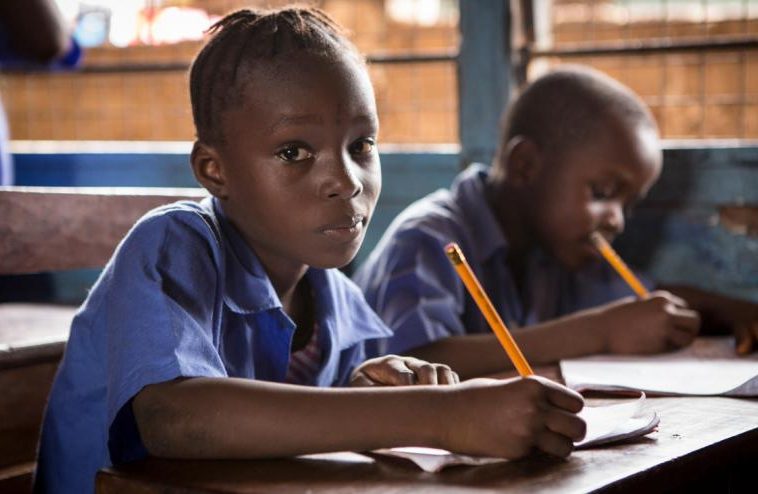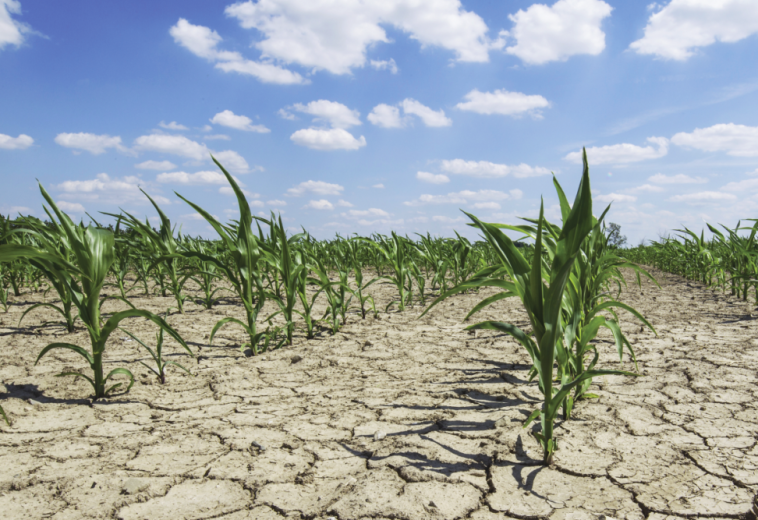On this World Environment Day, as the world comes together to reflect on the imperative of environmental conservation and sustainable development, Africa is aligning with the world as a contributor to global mitigation efforts and innovative approaches to address climate change issues.
The UN Convention to Combat Desertification reports that up to 40% of the planet’s land is degraded, directly impacting half of the world’s population. Since 2000, the number and duration of droughts have increased by 29%. Without urgent action, droughts could affect more than three-quarters of the global population by 2050. This year’s theme for World Environment Day is Land Restoration, Desertification, and Drought Resilience.
Africa is not typically described as a pioneer of climate change; instead, it is often depicted as one of the regions most vulnerable to its impacts. Recent studies unearth a stark reality that leans into this bias. One of Africa’s most significant challenges is its vulnerability to the adverse effects of climate change, including droughts, floods, extreme weather events, and rising sea levels. These impacts threaten food security, water resources, biodiversity, and livelihoods across the continent.
Tropical Africa has lost approximately 22 percent of its forested expanse since the 1900s. The causes and repercussions of deforestation are markedly divided between countries harboring dry forests like Burkina Faso or Niger and those sheltering rainforests such as the Central African Republic or the Democratic Republic of the Congo (DRC). The Democratic Republic of the Congo with an inexorable loss of 1.3 million hectares in 2013 alone, is emblematic of the transnational forces underpinning forest degradation.
Agriculture is the largest direct cause of forest loss in Africa, accounting for approximately 75 percent of deforestation. This includes subsistence farming and industrial agriculture such as cocoa and oil palm production, as well as cattle ranching. A report by the World Cocoa Foundation (WCF) and Mighty Earth revealed that between 2001 and 2014, one-quarter of Côte d’Ivoire’s forests and 10% of Ghana’s forests were cleared for cocoa production, with nearly 40% of Ivorian plantations established illegally within protected areas.
Southern Africa is facing a severe drought crisis, significantly impacting Zimbabwe, Zambia, Malawi, Angola, Namibia, Botswana, the Zambezi Basin, and southern Madagascar. Rising temperatures and a severe lack of precipitation from October 2023 to March 2024 intensified drought conditions across these regions leading to acute food insecurity and disrupting ecosystems.
Today, sub-Saharan Africa accounts for 13% of the world’s population. The areas most affected due to various economic activities and population pressures include West, East, and Southern Africa. Between 29 and 39 percent of global environmental challenges in Africa is driven by international trade, with commodities like timber and agricultural products being exported to markets in Europe, China, the Middle East, and North America.
While parts of the continent are still plagued by environmental challenges, Africa is increasingly becoming a leader in adopting innovative solutions and strategies to combat climate change and build resilience. According to the African Development Bank’s African Economic Outlook 2022, the continent has experienced strong economic growth since 2000 relative to the 1990s, which has led to the optimistic narrative that “Africa is rising.” African countries are not passively awaiting their fate; instead, they are taking proactive steps to build resilience and adapt to changing climatic conditions.
The AFDB also highlighted how the continent is disproportionately suffering from the impacts of climate change, despite contributing only 3% of the world’s total carbon dioxide (CO2) emissions. Shedding light on the continent’s challenges and opportunities at COP28, leaders emphasized the need for increased climate finance and green growth, focusing on leveraging resources and strategic collaborations.
READ ALSO: Climate Change and African Agriculture
The African Development Bank launched a Climate Action Window during the summit, to mobilize funds for adaptation in low-income countries, emphasizing Africa’s abundant resources. President Akinwumi Adesina stressed Africa’s pivotal role in global food security, citing investments in agriculture from the January 2023 Dakar Summit.
African governments are implementing policies and initiatives to promote sustainable agriculture and land management practices. Agroforestry, conservation agriculture, and reforestation programs are being adopted to restore degraded lands, enhance soil fertility, and increase agricultural productivity while sequestering carbon from the atmosphere.
As the world commemorates World Environment Day, it is essential to recognize Africa’s remarkable journey towards becoming a global leader in climate resilience. Despite facing immense challenges, African nations are demonstrating resilience, innovation, and determination in confronting the existential threat of climate change.


